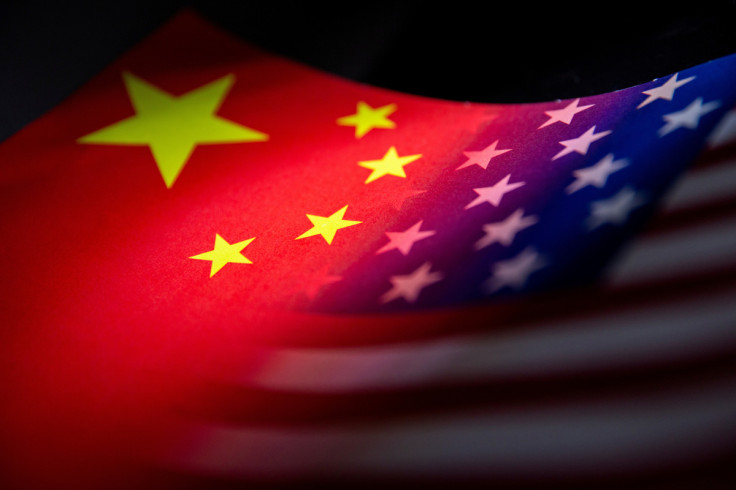China Beats Japan In Global Innovation, But Will It Ever Catch Up With The US?
China has been climbing fast in the global innovation ranks beating Japan, but still far behind the U.S.
That's according to the recently released 2022 Global Innovation Index (GII) rankings. China occupies the 11th position out of 132 countries ranked, ahead of Japan, which ranked number 13. Nonetheless, China's place is well below that of the U.S, which ranked number 2, behind Switzerland, which ranked number 1.
Published by World Intellectual Property Organization (WIPO), GII measures how much different countries spend on research and development (R&D), intellectual property (IP), and venture capital—activities that eventually lead to new products and processes that enhance productivity.
China's recent innovation ranking has significantly changed from a decade ago when the world's second-largest economy ranked 35, far behind Japan, which ranked number 22.
Global innovation is critical for every country to compete efficiently and effectively in international markets. That's especially the case for emerging market economies like China, which are trying to transition from imitation-driven growth to innovation-driven growth. It's the only way these economies can overcome what development economists call the Middle-income Trap, and become developed economies.
Most emerging market economies never managed to make this transition. As a result, they keep on "emerging" or regressing into frontier and underdevelopment status. Most Latin American and some African and Southeast Asian countries fall into this category.
Still, global innovation rankings, based on investments in R&D, intellectual property filings, and venture capital, must be interpreted cautiously. They do not always lead to the development of new products and processes that enhance a nation's productivity and ability to compete in world markets.
Economists distinguish between two types of innovation, marginal innovations, and radical innovations. Marginal innovations improve existing technologies, having a little lasting impact on a nation's ability to compete in global markets. For instance, Japan's office technologies in the 1980s that improved America's office technologies marginally had little lasting impact on the nation's global competitiveness.
Radical or breakthrough innovations fuel a new wave of disruptive technologies. They generate entirely new industries, markets, and business models that have a lasting effect on the nation's economy to compete in global markets. For instance, radical innovations like Microsoft's Windows operating system, Intel and Qualcomm's chips, and Apple's smartphone had a lasting effect on America's ability to compete in global markets. They can explain the country's persistent top ranking in almost every innovation index.
Still, developing radical innovations takes Schumpeterian entrepreneurship—discovering and exploiting new market opportunities and introducing products and processes.
Schumpeterian entrepreneurship blends well with America's system that treasures the economic freedom that allowed legendary entrepreneurs like Steve Jobs, Bill Gates, and Jeff Bezos to change the world.
But it does not blend well with China's culture of Confucian conformity to existing norms. Throughout China's history, the established order saved little respect for inventors, entrepreneurs, and business pioneers, a tradition that lasts to this day.
China's conformist and often hostile attitudes towards the entrepreneurial class are very different from those of mercantile Europe, where entrepreneurship was imbued with the revolutionary ideas of the Renaissance and Reformation and immersed in the thoughts of Francis Bacon.
These ideas were eventually adopted and disseminated during the American Revolution, ultimately nurturing an entrepreneurial-friendly environment.
China has yet to undergo this revolutionary process. That's why it will take a long time for China to catch up with the U.S, if ever.

© Copyright IBTimes 2025. All rights reserved.






















